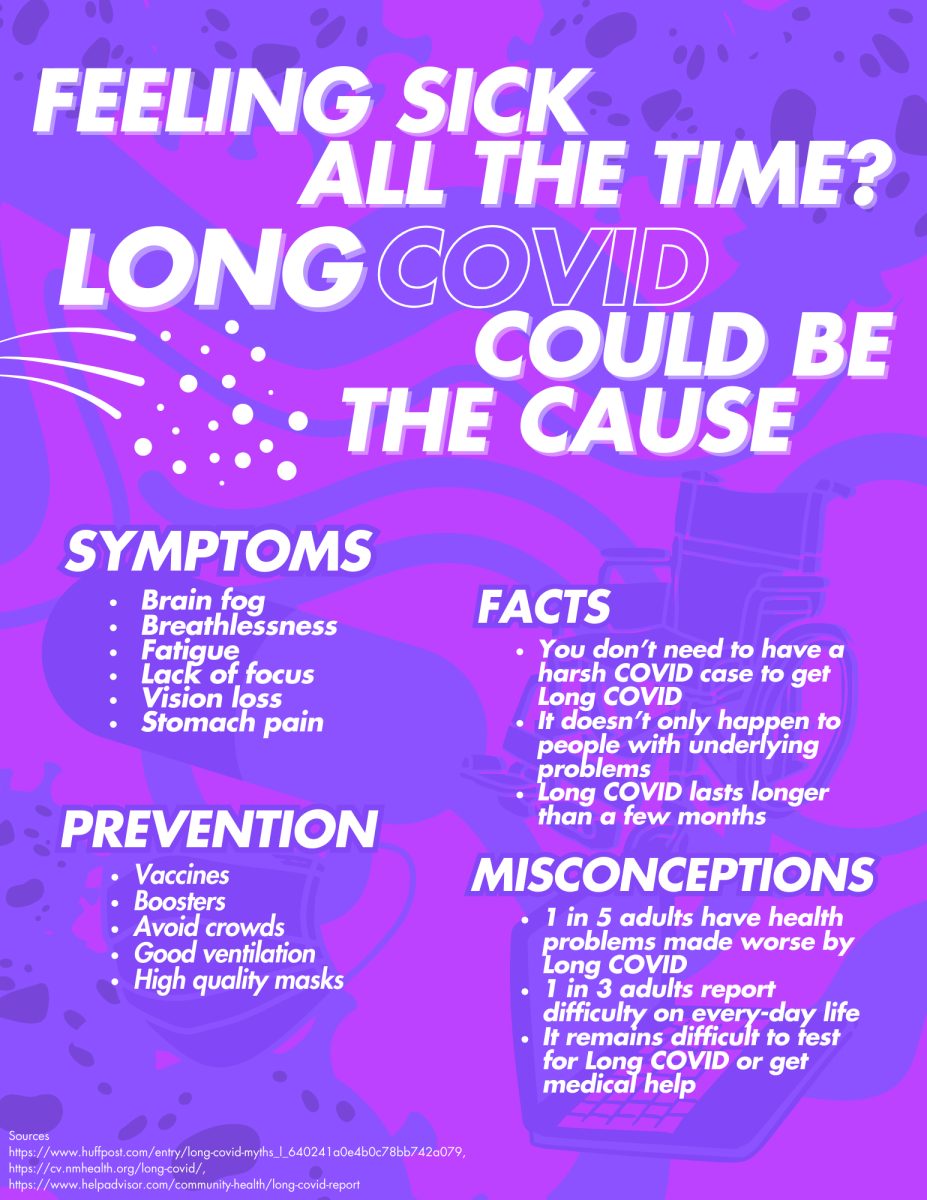Fast fashion companies like Shein, Forever 21, H&M, and many discount stores in the mall, have gained attention for their very affordable prices. However, these prices come at an even bigger price than just money. These companies are toxic to the environment and to their workers.
People tend to blame TikTok for promoting these brands. TikTok created what is called “micro trends” that occurred because the fast changes in fashion happens in pop culture. These trends are quick fads that tend to revolve around fashion and different clothing styles. Before microtrends, trends could last up to a couple of years: however, more recent trends only last few months at most. Social media is why fast “fashion brands” became popular. They can keep up with the demand of the trends by stealing designs from other brands and creating them at a cheaper cost. The cost can promote the over consumption of clothing, causing “untrendy” clothes to be donated or thrown away.
The donation of these clothes can be bad for the environment. Due to the cheap cost the quality of the product is often subpar. People complain about the thin fabric, ripping, tearing, and staining. When these clothes get donated people tend to skim past them at the store because they could get it cheaper online or because they don’t want low quality fabric. If clothes don’t sell, most secondhand stores throw away the items leaving them for the land fill. According to earth.org, “92 million tons of textile waste is produced every year,” mainly because of the fast fashion brands and the constant change seen on TikTok clothing trends.
Most fast fashion companies are located in countries where child labor is legal. This legality allows companies to use young kids to work in their sweat shops, where they are paid very little for labor. The factories keep horrible conditions and hours with little to no time for restroom breaks. Most of these sweat shops don’t provide food or water either. These sweat shops give little to no care for the health of employees, as they don’t provide insurance or sick days. According to theworldcounts.com, “in the worst forms of sweatshops people are forced to work up to 72 hours straight, without sleep. Those who complain are beaten and abused.”
Most non fast fashion companies’ clothes are higher priced creating more revenue allowing for workers to be fairly paid, and the use of higher quality materials. Quality of product is important for consumers, so they don’t have to consistently repurchase clothing and spend extra money.
There are many ways a consumer can do their part to help stop these companies. People should like researching companies before buying clothing, to see if the brands has ethics in their working conditions. Consumers should watch out for extremely low prices, because if a company has super low prices then they probably use sweatshop labor to produce their clothing. Another way to combat industry is to educate and share the research with others. Lastly, people shouldn’t buy from, or support fast fashion brands, because, then they are directly supporting the industry and toxic environment.









Catherine Slaughter • Nov 8, 2023 at 1:30 pm
you slay